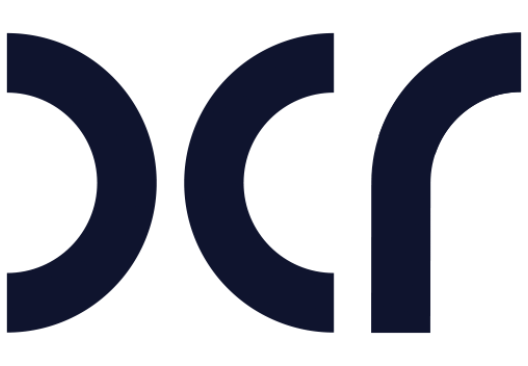Et tilbagevendende problem for digitaliserede virksomheder er at designe og koordinere hybride systemer, der inkluderer IoT (Internet of Things), edge- og cloud-løsninger. De nuværende anvendte metoder og værktøjer er ikke effektive til dette formål, fordi de i for høj grad er afhængige af uformelle specifikationer, der er manuelt skrevet og fortolket af mennesker.
Vi sigter mod at udforske anvendeligheden af de nyeste teknologier og metoder udviklet ved SDU, KU og AAU til design af reaktive hybride IoT-edge-cloud-arkitekturer i dansk industri. Disse teknologier er baseret på entydige formelle sprog, som kan behandles af computere for at kontrollere ønskelige designegenskaber (såsom kompatibilitet af softwaregrænseflader) og for at implementere komponenter til overvågning af systemers korrekte funktion. Anvendelse af disse teknikker har vist sig at øge produktiviteten i digitale industrier væsentligt (for eksempel op til 4x stigning i udviklingshastigheden).
Vores mål er at:
Scientific value
The scientific value of the project is twofold:
Capacity building
Companies will thus benefit from an increased number of students that they can hire to satisfy their needs with respect to hybrid systems. Universities benefit by gaining sustainable candidates for PhD positions in future projects connected to this exploration.
Business and societal value
Due to the growth potential in solutions for automation and data intensive processing solutions, this project will strengthen Danish competitiveness through a reduced cost of developing deploying and running IoT and cloud software. Potentially, this could lead to increased export of IT products and services.
University of Southern Denmark
Department of Mathematics and Computer Science
E: fmontesi@imada.sdu.dk
University of Copenhagen
Department of Computer Science
Aalborg University
Department of Computer Science
University of Southern Denmark
Department of Mathematics and Computer Science
University of Southern Denmark
Department of Mathematics and Computer Science
Sanovo Technology Group
DCR Solutions
Italiana Software


